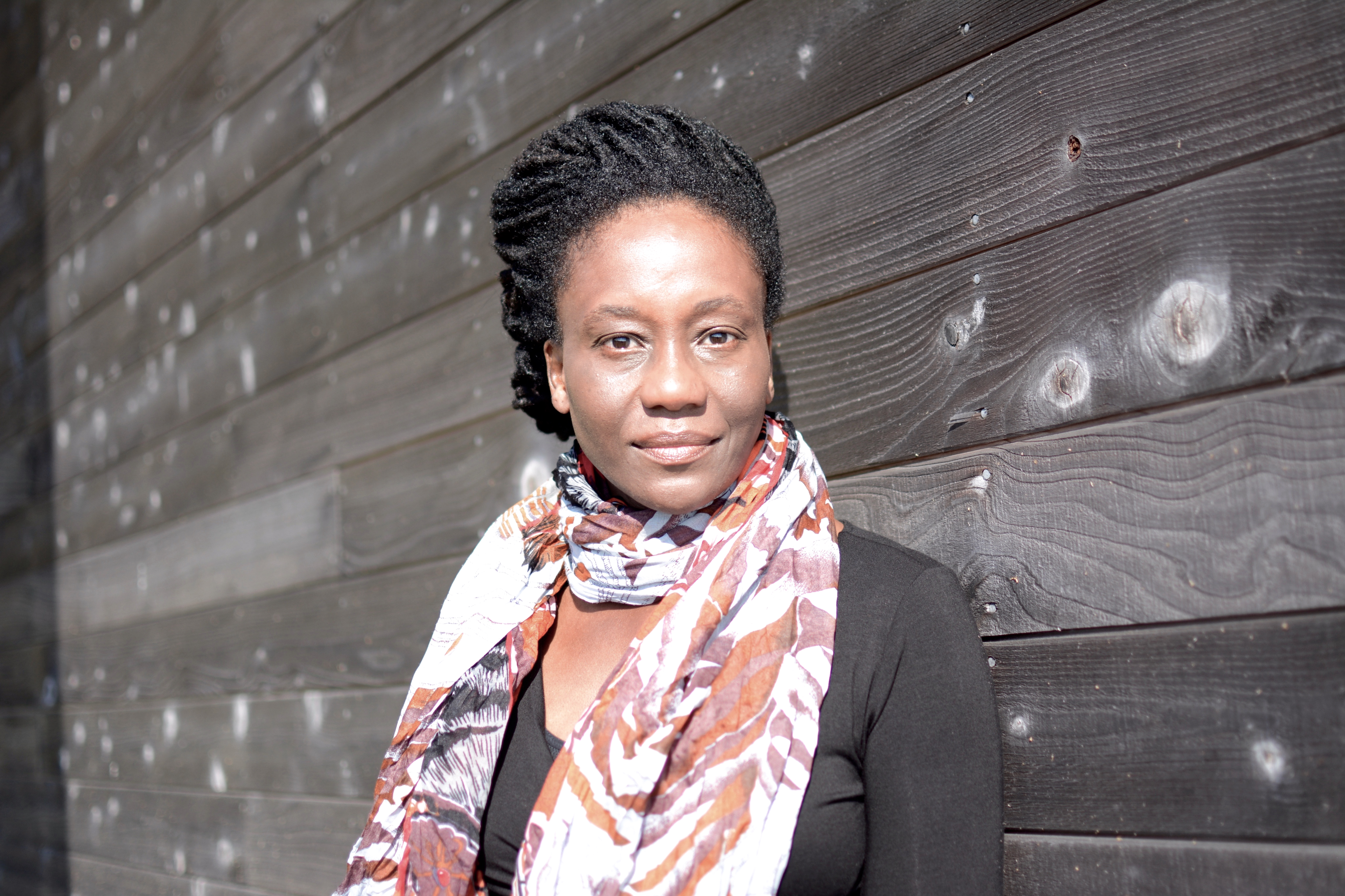 Catina Bacote is a writer born and raised in New Haven, Connecticut. Her work exposes the devastating consequences of racial inequality and poverty in the United States. As a fellow, she is completing a nonfiction book chronicling the lasting impact of the 1980s drug epidemic on Black families and communities. Through a blend of personal narrative and reportage, she considers how so-called victims and perpetrators live in the aftermath of drug-related violence and how a country chooses who to rescue and whom to punish.
Catina Bacote is a writer born and raised in New Haven, Connecticut. Her work exposes the devastating consequences of racial inequality and poverty in the United States. As a fellow, she is completing a nonfiction book chronicling the lasting impact of the 1980s drug epidemic on Black families and communities. Through a blend of personal narrative and reportage, she considers how so-called victims and perpetrators live in the aftermath of drug-related violence and how a country chooses who to rescue and whom to punish.
She has published essays in the anthologies This Is the Place: Women Writing About Home (Seal Press, 2017) and Bending Genre: Essays on Creative Nonfiction (Bloomsbury Publishing, 2023), as well as the journals Tin House, Ploughshares, Gettysburg Review, Gulf Coast, Prairie Schooner, Black Warrior Review, Fourth Genre, TriQuarterly, The Common, December Magazine, Kweli, The Southern California Review, and The Offing. In 2021, Bacote received a fellowship from the Jerome Foundation, which supports writers “who work with a sense of service, whether aesthetic, social or both.” The same year, the American Association of University Women awarded her a fellowship, recognizing “scholarly excellence” and a project that “significantly contributes to society.” Her writing has earned her acceptance at twelve writing residencies, including Hedgebrook, Headland Center for the Arts, Blue Mountain Center, Djerassi, UCROSS, Trillium Arts, The Millay Colony, Brush Creek, the Kimmel Nelson Harding Center, and Willapa Bay Air. She is a two-time MacDowell fellow and received the Alice Judson Hayes Social Justice Fellowship from The Ragdale Foundation.
As a well-regarded speaker, Bacote has presented in over forty-five settings, including The New School, Washington State University Vancouver, Grub Street, Yale University, CT Lit Fest, The University of Chicago, and The Bedell Nonfiction Conference in Melbourne, Australia. During her career, she has taught secondary school and college and led workshops for women who were incarcerated, veterans, people living in poverty, and teachers from countries in conflict, such as Northern Ireland, South Africa, and Rwanda. She facilitates social justice writing workshops for the Flatiron Writers Room and is the author of Teaching Banished, a guide for the documentary Banished: American Ethnic Cleansings (Facing History and Ourselves, 2009). Currently, she is an associate professor of English at Trinity College in Hartford, Connecticut.
Bacote holds a BA from Wesleyan University, an MA from Teachers College, Columbia University, and an MFA from the University of Iowa, where she was a Dean’s Research Fellow and subsequently served as the Provost’s Visiting Writer in Nonfiction.
